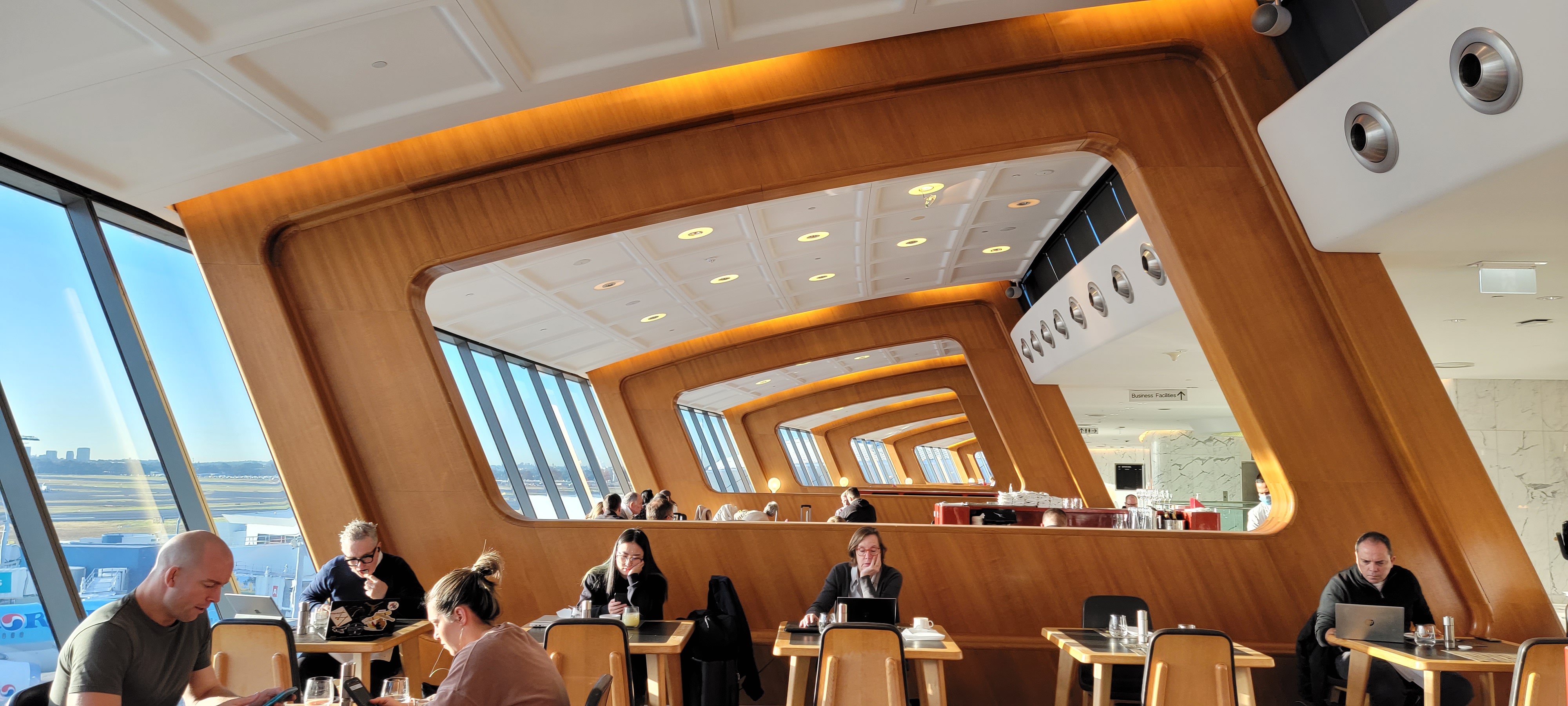Qantas CEO Alan Joyce had to symbolically take the fall for the tragic decline in reputation and treatment of customers during and coming out of the pandemic. He was retiring anyway so he resigned two months early. This had basically no effect on him or on the airline, but was played as though he was paying a price, and that this was a moment to turn the airline around.
Now the board has ‘cut his pay’ and has ‘done so retroactively’ by awarding him AU$14.3 million (US$9.4 million) after he’s already left the company. The represents a cut to his bonus potential, but is… about $10 million more than he previously had.
Mr Joyce’s pay cut comes mainly from the axing of his $8.36m 2021-2023 long-term bonus and a 33 per cent reduction in his FY23 short term incentive, valued at about $900,000.
This follows a governance review, whose leader declares mission accomplished!
“Many of the actions taken by Qantas in response to the recommendations are complete or well underway,” he said.
“While some of the recommendations will take some time to embed across the organisation, if the current momentum is maintained, my expectation is that tangible benefits will occur within a short period.”
The incoming board chairman says that awarding Joyce $10 million, engaging employees and doing better stakeholder relations, and updating customer metrics means that “the airline [is] steering itself in the right direction.”
Joyce is largely unharmed by the pay cut, having sold AU$17 million in stock after receiving government demands for information over the airline’s continuing to sell flights they had already cancelled during the pandemic.
Qantas was heavily subsidized during the pandemic. They first pushed against government subsidies until Virgin Australia went into receivership. Australians expected something back, but Alan Joyce said the best way for taxpayers to get a return on subsidies is for the airline to earn outsized profits (because then they’ll pay higher tax).

With Australians clamoring for Joyce’s head, most failed to recognize that the heavily subsidized airline faces little competition and receives government protection which drives up airfares and means the carrier doesn’t need to be as responsive to customers.
While Australia has air services agreements with 109 countries only a handful like those with China, the United States, and New Zealand are equivalent to Open Skies. In most cases international flying is bilaterally limited, meaning Qantas is protected against competition.
The carrier has long enjoyed a cozy relationship with politicians. It didn’t help matters when they gave the Prime Minister’s son their Chairman’s Club status (which cannot be earned). The Prime Minister didn’t disclose the gift, claiming his 23 year old son isn’t a dependent even though he ‘lives at home.’ It’s improper for this gift to have been offered, as well as accepted.

By the way here’s Joyce’s retirement home.
My favorite video of Alan Joyce is when he and now-Qantas board member, then American Airlines CEO Doug Parker needed to argue that Air New Zealand remained a strong competitor in the face of their enhanced joint venture.
Meanwhile, when a same sex marriage opponent (the idea came quite late to Australia) pied Qantas CEO Alan Joyce in the face at a breakfast talk several years ago, many saw him as engaged in a grand collective act on behalf of passengers everywhere.
Joyce was known as a cost-cutter with an abrasive approach to labor. The airline earns profits with the assistance of government. There’s no one more fitting than Doug Parker to have added to its board. But I have to wonder, if it’s possible to claw back compensation, shouldn’t the directors of American Airlines Group be looking into the same?


That’s ummmm… quite the retirement cottage.
Why is it so difficult to find a decent airline CEO?
AA has been looking for a decent CEO since 1998 when Bob Crandall retired.
I don’t agree that Qantas faces limited competition on their international routes. For many years, most QF international sectors were lineball or loss making. For example, hub airlines in Asia (SQ, CX etc) and The Middle East (ME4) service European markets more efficiently and regularly. This is largely a consequence of geography. QF is an end-of-line carrier without regional feed. It also struggles to compete in Asian markets against airlines perceived to be more soft and hard product-focused and, crucially, have lower labour costs.
As a hybrid carrier, an argument can be made that Virgin Australia competes very effectively with QF (full service) and Jetstar (QF’s LCC brand). All carriers benefit from a highly regulated (landing and take-off) slot market.
It’s “Chairmans Lounge” not club (and Qantas spells it without an apostrophe).